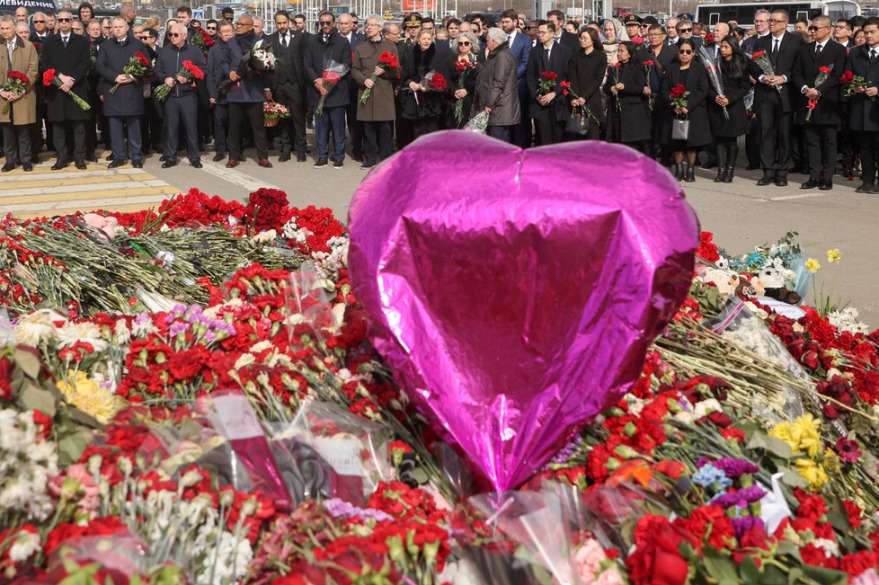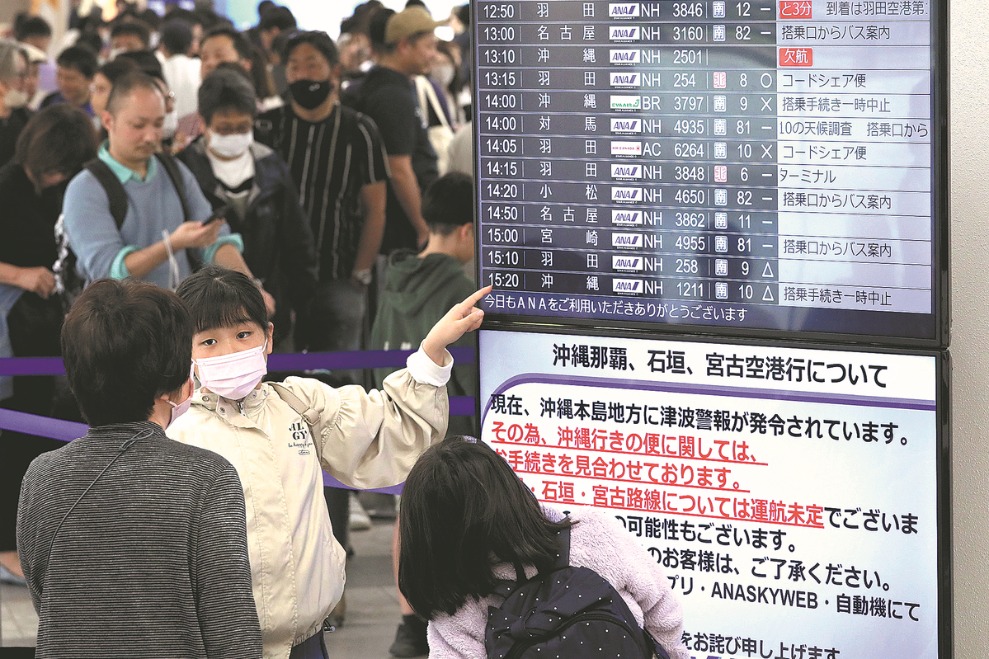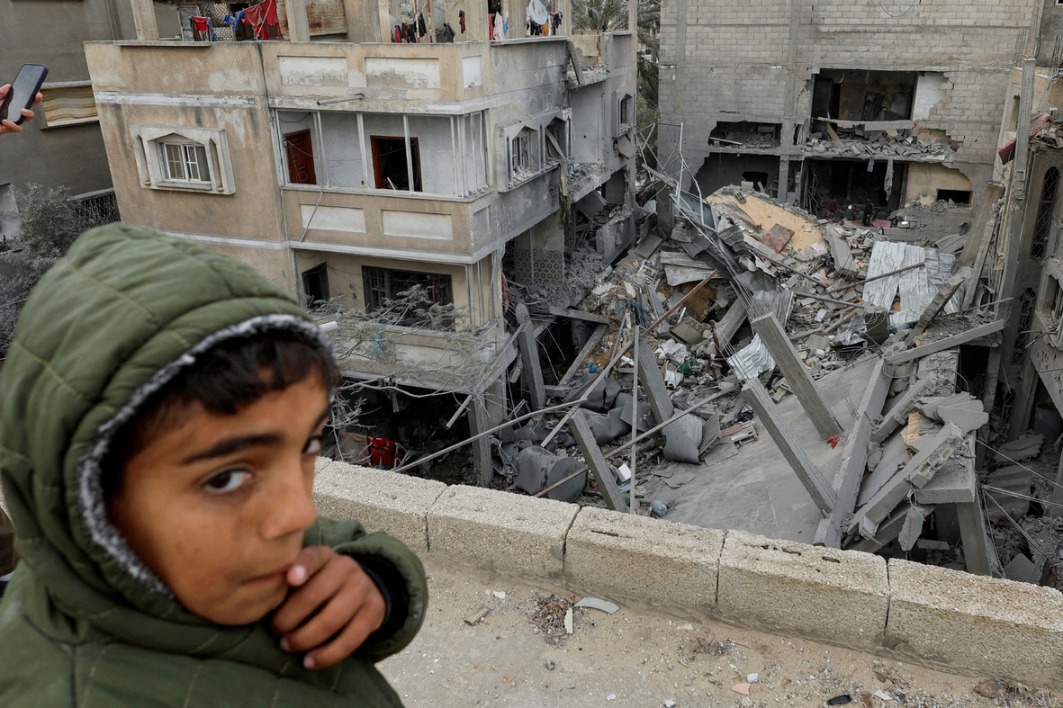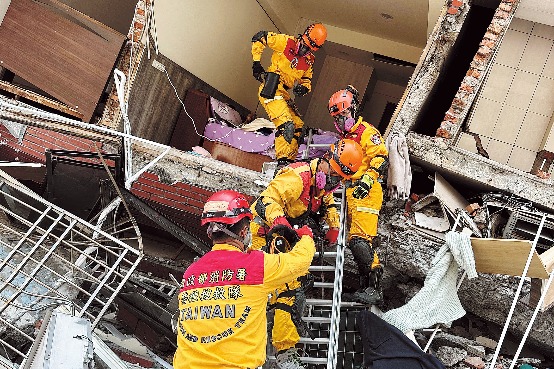Cost worries hang over Japan poll
Concerns over military direction also seen influencing upper house election
By WANG XU in Tokyo | CHINA DAILY | Updated: 2022-06-23 07:10
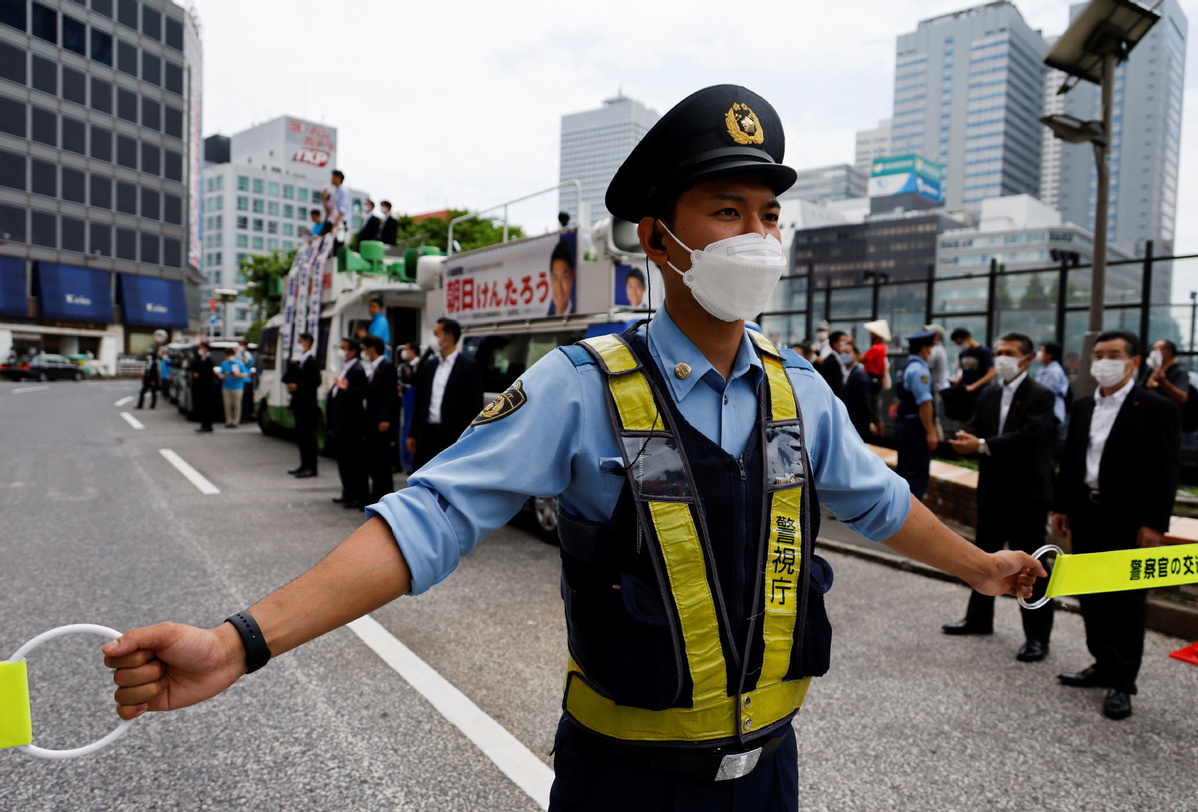
Concerns over military direction also seen influencing upper house election
Official campaigning got underway on Wednesday for elections to the Japanese legislature's upper chamber against the backdrop of concerns over rising prices and divisions over whether the country should strengthen its military.
Members of the House of Councilors are elected for a six-year term and elections are held every three years, with half the chamber's 248 seats up for grabs. The contest is also seen as giving voters a chance to express their views on the performance of Prime Minister Fumio Kishida.
More than 530 candidates from over 15 parties will contest the election on July 10.
The contests for 75 of the seats will be decided based on electoral districts and the remaining 50 seats will be filled by candidates elected under a proportional representation system.
Analysts see the election as a test for Kishida, nine months into his job as prime minister. Kishida, the head of the ruling Liberal Democratic Party, has been under scrutiny over his handling of the pandemic and the tough stance he has taken against Russia. Dissatisfaction has been growing as energy and food prices climb.
"This election has put under the spotlight who can deliver results in facing major challenges including the rebuilding of Fukushima, the fight against the novel coronavirus, the response to the Ukraine crisis and rising prices," Kishida said in a stump speech on Wednesday in Fukushima, where a massive earthquake and tsunami destroyed the Fukushima Daiichi nuclear power plant's cooling systems in 2011. The disaster triggered the meltdown of three reactors and the release of large amounts of radiation.
Political stability needed
"We need political stability to overcome these challenges," the prime minister said in calling on voters' support.
Kishida said he aims to retain a majority of the seats in the upper house with the LDP's coalition partner Komeito. The ruling coalition needs to win only 56 seats this time to retain its majority; it now holds 69 seats. That margin would allow Kishida to run the government for the next three years without another test at the polls.
Given that the LDP is polling with the highest support rate among the parties, analysts say it is very likely that Kishida will secure a comfortable majority. A Kyodo News survey over the weekend found that 27.3 percent of the respondents said they will vote for the party.
The poll showed that the ruling party was followed by the Japan Innovation Party with 7.7 percent support and the Constitutional Democratic Party of Japan, or CDP, with 7 percent. However, 34.2 percent of the respondents are yet to make up their minds.
Still, dissatisfaction with Kishida's handling of inflation has hurt his personal support in the electorate. In a poll by the Nikkei newspaper, 69 percent of respondents said they didn't approve of Kishida's way of dealing with rising energy and food prices.
In a bid to exploit this sentiment, CDP leader Kenta Izumi called it "Kishida inflation". "We cannot tolerate politics that ignore your lives and your household budgets," Izumi said.
Facing increasing criticism over his promise to "substantially increase Japan's defense spending", Kishida on Tuesday reneged on a proposal to outlay at least 2 percent of GDP on the armed forces. Instead, he said there are no numerical targets.
Japanese Communist Party leader Kazuo Shii said: "War or peace. Japan's fate depends on this election. We seek to advance by appealing to people that we will stop wars and bring hopes to people's lives."
Shii's remark came as the No 2 man in the LDP, secretary-general Toshimitsu Motegi, said that "after the election, we want to as quickly as we can propose to the Diet (the parliament) constitutional revisions and have the proposed changes initiated".
Junichiro Kusumoto, a law professor at Toyo University in Tokyo, said although the upper house's main role is to review legislation passed by the lower house, known as the House of Representatives, this year's election is very important in determining the direction of Japan.
"Each party needs to clearly state what Japan should be in the future. Parties that simply oppose everything without presenting a rational basis for their opposition should leave the national political scene this time," Kusumoto said.
wangxu@chinadaily.com.cn





